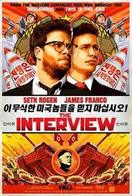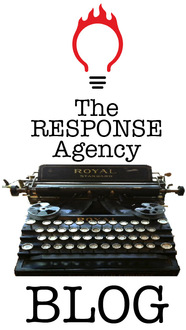Why we must protect all speech.
Even lame comedies.

I don’t blame Sony or theater owners. There is something compelling in “Show this film and we will kill people.”
This is not the first time terrorist censorship has raised its ugly head. In 2006, cartoons depicting Muhammad sparked riots and assassinations in various parts of the world. It made for rather big news, yet few media dared publish the cartoons. Many even shrunk from reporting on the matter.
Again, I don’t blame them. There is something equally compelling in “Publish these and I’ll kill you. Publish that I’m threatening to kill you and I’ll kill you for that, too.”
| Many nations are not fond of government censorship. The United States in particular is not allowed to prevent you from publishing what you want, nor to execute, jail, or fine you after you publish it.* These protections have been extended to news, literature, commentary, parody, satire, theater, music, film, even commercial speech. Take this blog. It is mine, so I can censor it all I want. But government can’t. Neither can any other third party.** At least, not legally. Therein lies the problem. For bullies and terrorists who don’t much care about the “legally” thing, that leaves a pretty big loophole. You may not want to see the Muhammed cartoons. You may not want to see The Interview. There is a greater issue here. Author and psychologist Steven Pinker has done an excellent job of linking a decline in war and other forms of violence to the spread of free speech. The moment we allow anyone—our government, someone else’s government, or any other third party—to curtail communication, we risk reversing the taming of our species. |
No matter what you think of The Interview, or for that matter of Seth Rogan and James Franco, please find a way to add your voice to the outcry. I am NOT urging theaters to put lives at risk by defying threats and showing the film. Hell, if I owned a theater, I wouldn’t show it. But at the very least, let’s be vocal in our criticism of bullies who threaten free speech. Even when said free speech is manifest in what is likely to be a lame movie.
On the positive and ironic side, North Korea has unwittingly made the film a success. After the heat inevitably dies down, the film, good or not, is sure to rack up record ticket and DVD sales.
*Exceptions acknowledged. The Supreme Court made clear that you cannot falsely cry “Fire!” in a crowded theater. There is Edward Showden. Lapses also acknowledged. For one example, consider the Sedition Acts of 1798, signed by President John Adams, which criminalized criticizing the president and congress, but conveniently allowed criticizing the vice president, who happened at the time to be Thomas Jefferson, whom Adams happened at the time to dislike.
**If I unjustly slander you, you can sue the daylights out of me. This is a sort of default censorship and arguably a good thing.



 RSS Feed
RSS Feed



